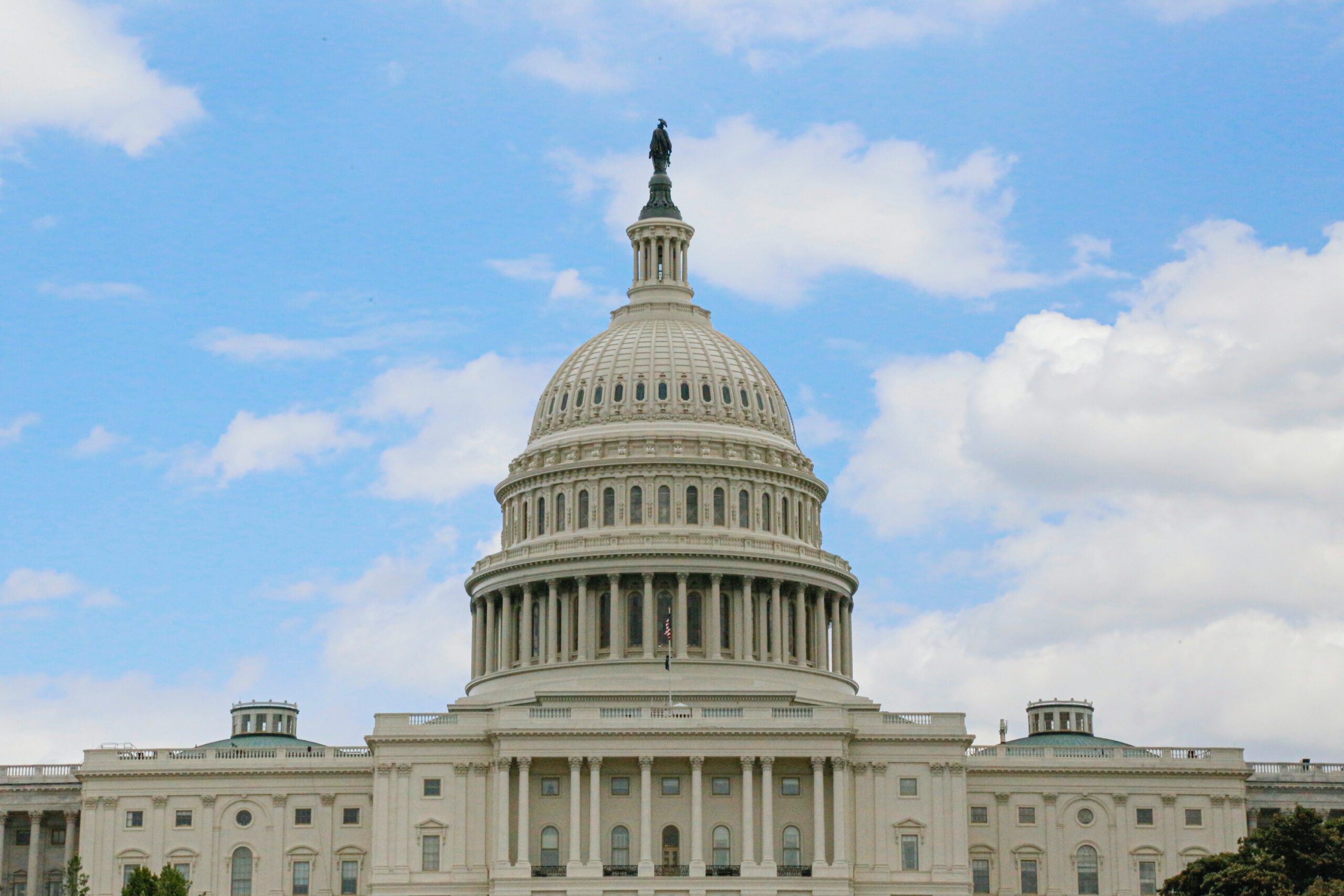SECURE ACT 2.0

Selected Changes for Physicians
SECURE Act 2.0 was signed into law on December 29, 2022 and makes numerous changes that impact retirement savers and retirees. The new law raises the RMD age, increases retirement plan catch-up contributions, and provides enhancements to workplace retirement plans, along with many other changes. The following summary was presented by Mark Wallace CFP® at the Northwest Medical Society’s January meeting to Physicians:
Catch-up Contributions: Starting in 2024, if your 2023 W-2 shows more than $145,000 of income, your 2024 catch-up contributions must go into after-tax Roth, not pre-tax Traditional 401(k) or 403(b). This does not apply to Simple IRAs. That means a smaller tax deduction for you. If your Plan does not have a “Roth” option, then you can’t make any catch-up contributions at all.
Employer Retirement Plan catch-up contributions for people age 50 or older is $7,500 in 2023. Starting in 2025, participants between age 60-63 can make a larger catch-up contribution of up to $10,000.
529 College Savings Accounts: If you have a 529 College Savings account that was opened 15 years ago, or older, you can transfer it to a Roth IRA for the beneficiary subject to contribution limits. The beneficiary must have earned income and the lifetime maximum transfer is $35,000. Stay tuned, because this may be a way to make back-door Roth contributions for yourself.
Employer Matching Contributions: In 2024, if your employer allows it, you can direct your company matching contributions to go into Roth instead Pre-Tax. Your employer may also allow for matching your student loan payments and contributing that amount into your retirement account. We don’t know yet how this will be implemented.
Required Minimum Distributions: If you turned 72 this year (2023), your RMD is has been changed to age 73 and you can wait to take it. For those born between 1951-1959, your RMD is now due at age 73. If born after 1959, it is now age 75. This means you can delay recognizing taxable distributions, but they will be presumably larger amounts to withdraw. A tax planning opportunity.
This is for educational purposes and should not be taken as tax advice, nor is it personalized for you. You should consult with your tax professional and/or financial professional for more information. The Secure Act 2.0 made approximately 100 changes to retirement account rules and are now subject to IRS interpretation and implementation. Certain provisions must be allowed by your employer to take effect.

